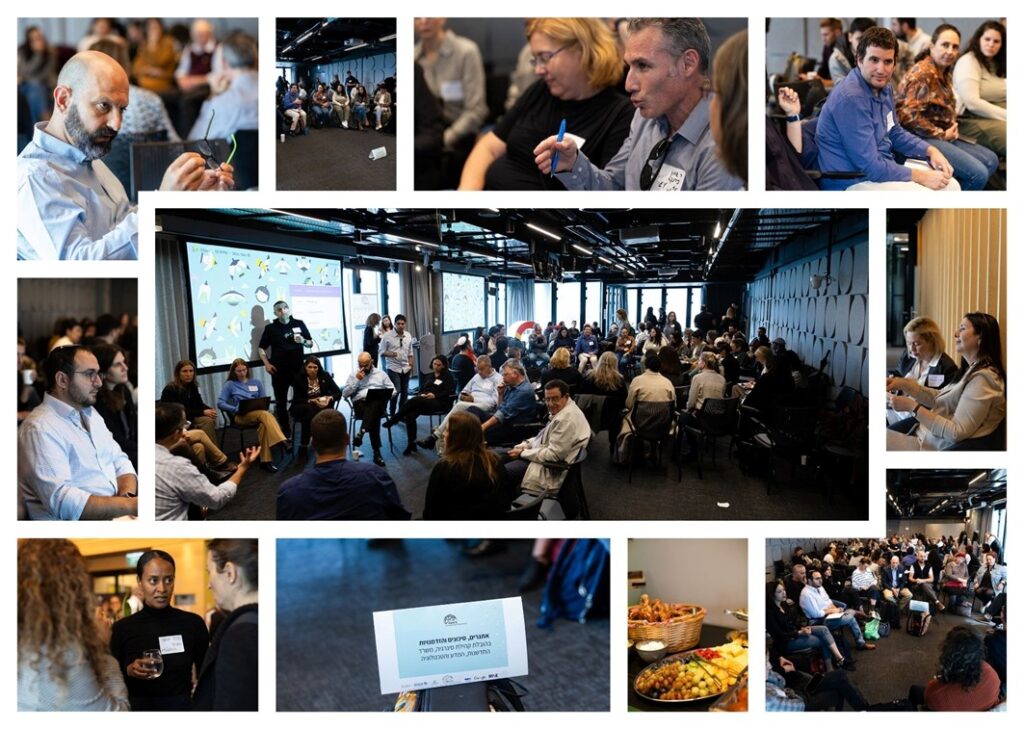Smart State 2035 – Round Tables
Smart state 2035 event
During the DatA-IL – Smart Nation 2035 event, which explored and presented the future of public services in the era of artificial intelligence, we held three roundtables:
- Data and AI Strategy, led by Gal Tamir from the National Digital Unit.
- Partnership of Startups Integrating AI in the Public Sector, led by Zvika Goltsman from the Innovation Authority.
- Challenges, Risks, and Opportunities, led by Yosef Gdalyahu from the Ministry of Technology, Science, and Innovation.
Participants at the tables were mostly from public bodies (government ministries, local authorities, public institutions), with a significant presence of civil society actors as well as academia, research, and technology companies. The document details each table separately, but we wanted to gather topics that we saw often crossing “tables.” Several recurring themes were identified, which are essential for planning and implementing AI technologies in the private sector and optimally using them for public benefit.
Key Topics Raised:
- Importance of Data: The need for quality and secure data infrastructures, and the existing difficulties in sharing data between different bodies.
- Privacy and Information Security Concerns: Fears of excessive intervention and privacy breaches due to the widespread use of AI. These add to concerns about AI’s social impact.
- Regulatory Guidance: The need for a legal and regulatory framework that allows the advantages of AI to be utilized while maintaining ethical principles.
- Inter-Ministerial Collaboration: Emphasis on the necessity of cooperation and coordination among government ministries and other public bodies to maximize AI capabilities.
- Challenges in Human Capital and Work Culture: The rising need for training and knowledge acquisition in AI and data analysis for public sector personnel and the development of a data-driven work culture.
- Artificial Intelligence as an X Factor: Intelligent use of AI can also plan and accelerate the issues raised in the previous sections.
Potential Areas for Intervention:
- Improving Data Infrastructure for Sharing:
- Develop and implement improved information infrastructures that enable integration and collaboration between government ministries and between the government and the private sector, including standardization of data sharing protocols.
- Establish mechanisms to protect privacy and ensure data security during these processes.
- Regulatory Policy:
- Update and adjust the regulatory framework to support the development and implementation of AI technologies while maintaining legal and ethical cohesion.
- Develop a regulated governmental approach to promote AI innovation, including a clear definition of procedures for project funding and innovation support.
- Human Resource Training and Cultural Change:
- Allocate resources for training government employees in AI and data analysis areas to improve the efficiency of government services and ensure they are capable of integrating into the new era.
- Change organizational perception and promote a culture of collaboration and transparency.
- Development and Leadership of Initiatives and Pilots:
- Adopt a trial-and-error approach by establishing pilot projects aimed at examining the effectiveness and impact of various AI solutions within public services.
- Provide regulatory and financial support to companies interested in promoting innovative solutions in collaboration with the government.
- Education and Public Awareness:
- Promote initiatives aimed at educating the public about the potential and challenges of AI, ensuring public support and easing concerns about privacy and ethics.

